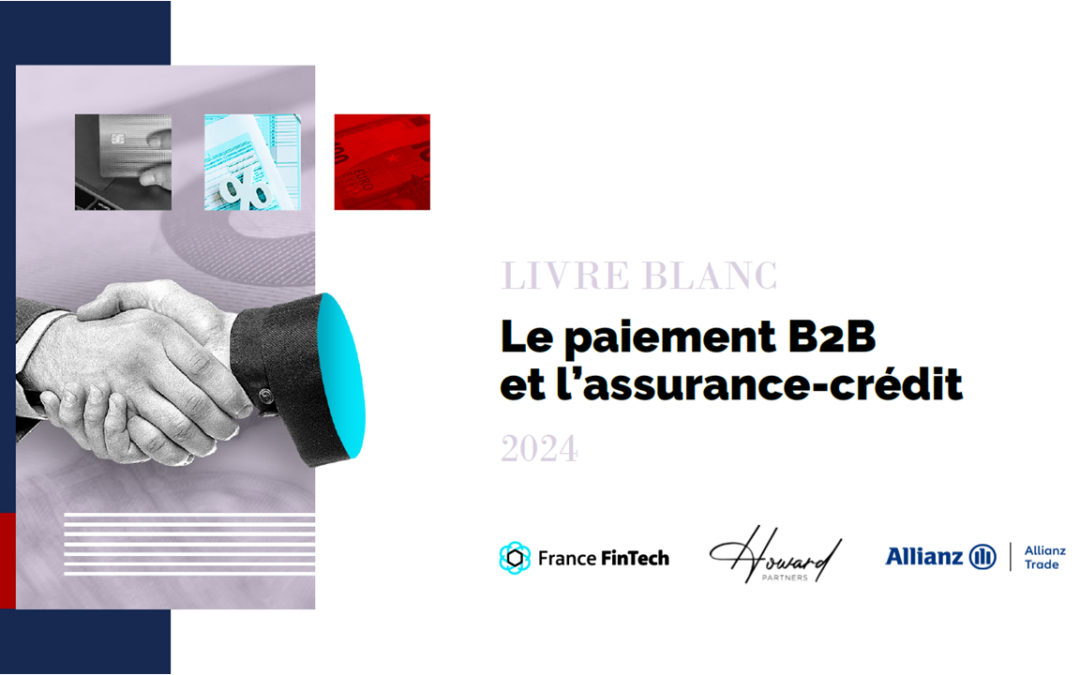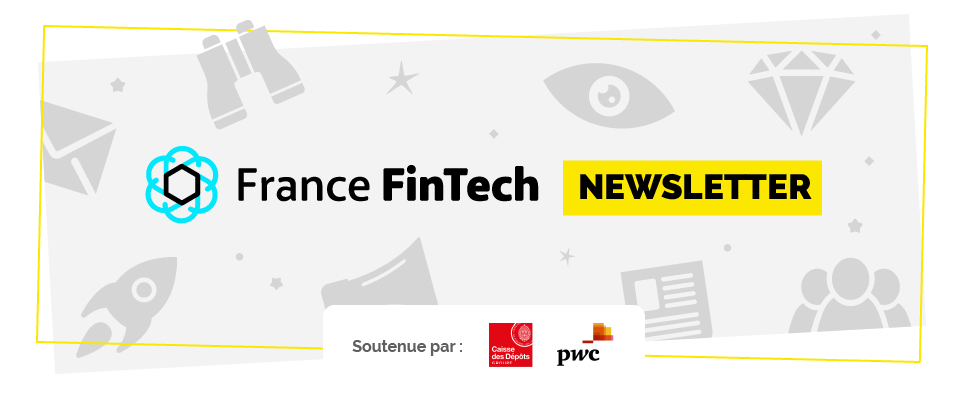Are platforms, champions of customer experience, replacing banks?
 When Sberbank frees itself from the word 'Bank', where Google launches “Google cache” (its Bank-as-a-Service offer), what conclusions can we draw on platform models and open banking?
When Sberbank frees itself from the word 'Bank', where Google launches “Google cache” (its Bank-as-a-Service offer), what conclusions can we draw on platform models and open banking?
At a time when Sberbank is freeing itself from the word "Bank", when Google is launching "Google cache" (its Bank-as-a-Service offer), at a time also when Square is applying for a banking license and when the European Commission seeks to encourage digital finance players, what conclusions can we draw on platform models and open banking?
First of all, the platform is the transition from the product to the customer-centric vision. For individuals, the customer vision is taking precedence over the product vision. How else to explain the availability of free applications that allow the public to view in the street, in augmented reality, all real estate for sale? The sponsors of these applications thus capture the emergence of the real estate project even before the client has specified it and long before he contacts his bank for a ready. This is the case for applications zoopla or Settled in the UK and Valora View from the Spanish BBVA. Propose to Small & Medium Entreprises digital service packages in platform mode, like QontoConnect or Prisméa (the neo-bank backed by Credit North) is to simplify the day-to-day management of their finances; but it is also an opportunity to capture their needs and the resulting business opportunities.
Presented differently, traditional companies follow a value chain integrating production to distribution to customers. By construction, the interaction between customers and producers is limited, as is the induced network effect. In a business model platform, users and producers collaborate to create an open architecture market. As users or merchants join the platform, they help create value for future users. The network effect is then multiplied. By nature, this type of platform is digital and very often international. This is the case with Apple's appstore, Spotify, Doctolib, etc.
We are seeing clear signals on the market of these structuring developments. After the record buyout of Plaid by Visa last year for 5,3 billion euros, the Russian national search engine giant Yandex just bought online banking Tinkoff, with 10 million customers, for 5,5 billion euros. Some banks have nevertheless taken the strategic platform shift by accelerating the “APIsation” of their information systems while investing in platform business models (bank-as-a-service, neobank, etc.).
Will all of these platform models survive? Maybe not, but the market and a new customer segment are here.
Finally, at the European level, we can see the enthusiasm of the European Commission for this platform economy, with the recent announcement of open finance by 2022, which aims to share data even wider than the PSD2. This measure is part of the Commission's “Digital finance” strategy, explained by the guidelines of the Digital Services Act. Finance is a sophisticated world, moving towards a future of transparency and meaning.
SOURCE> Newspaper

White paper B2B payment and credit insurance
Download our white paper!

#204
GO GO GO! ALE ALE ALE!
